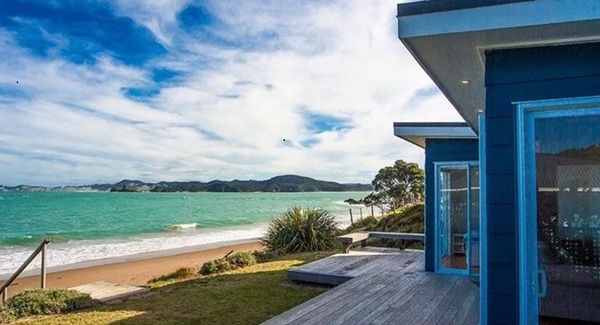Renting out your bach? Beware of tax traps that could cost you.
As the summer holiday period approaches, many people with baches or holiday homes may be considering renting them out to generate an additional income stream. However, renting out a holiday home is not as straightforward as you may think. There are a number of tax rules which need to be carefully considered.

Adapted from IRD renting out a holiday home and NZ Herald 11 October 2025
When renting out a holiday home, you must pay tax on the income. To work out what tax you will pay, you need your gross rental income and your total allowable expenses, (for example power, cleaning, consumable supplies), along with:
- any private use of the holiday home by you or an associated person
- the number of days your holiday home was unused.
To complicate things further, you need to consider the mixed-use asset rules. It is not as simple as income less expenses equals profit. You need to be aware that different rules apply when a holiday home is used for both personal and income generating purposes. If the mixed-use asset rules apply, tax is calculated in a specific way, including classifying expenses into three different types - fully deductible, non-deductible and apportioned.
If your specific circumstances do not qualify for mixed-asset rules, then the actual cost method applies.
It is important you keep clear records for income and expenses, and private use days. We will then do the calculations for you when we complete your annual tax return and apply the mixed-use asset rules when required.
Do I need to consider GST?
A complication can arise if the annual rental income reaches the $60,000 threshold for GST registration. You would probably be renting it out more often than not to reach this threshold.
Sometimes this will also happen if the home is owned by an entity which undertakes other taxable activity already subject to GST. An example would be if a trust already owned a commercial rental and hence was already GST registered. If the same trust owns your holiday home and you then decide to rent it out, GST will need to be accounted for from the outset.
A version of GST rules specifically targeted at short term rental properties also now apply when you rent the property out on online sites such as AirBnB or Bookabach.
However, the real tax trap here is that if you sell your holiday home in the course of operating the holiday home "business", there may be GST payable on the sale for the portion of the residential property used for short-term rental, even if you never claimed it when you first purchased it.
You can successfully generate an additional income stream by renting out your bach or holiday home. We recommend that you contact us to discuss your specific circumstances, avoid surprise tax traps and make the most of the opportunity.







